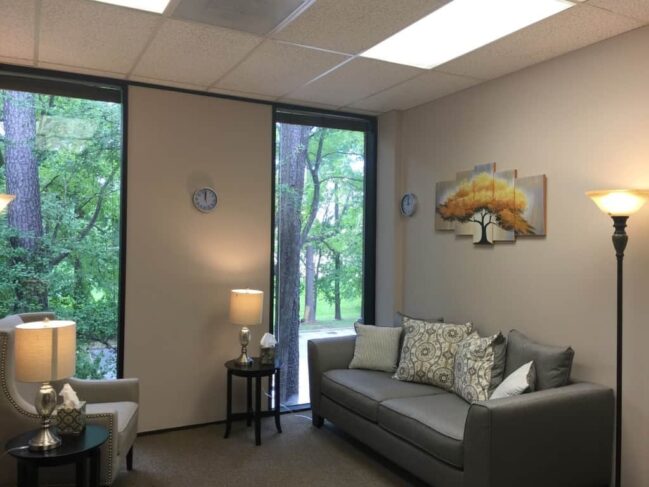Blog
What does it mean to be a professional counsellor?
September 20, 2018
4 minutes, 9 seconds

This is a question I am often asked and the answer I give will be dependent on the type of day that I am having. Firstly, lets sort out some of the big myths about counsellors:
- No, we cannot read minds
- No, we cannot fix everyone
- Yes, we do have problems ourselves
Let's look at what it means to be a counsellor on a bad day:
It's been one of those Monday mornings, where everything that can go wrong does, from the alarm not being set to toddler melt downs, I tell myself to breathe and try to apply those mindfulness exercises. When I arrive just in time for work, I am already sweating. I have a full client schedule and already my first client has arrived, and I haven’t manged to get my morning coffee. I go into client focus and take on board all of what my client is presenting with and already I feel stressed and deflated (week number 13 and we have not progressed as well as I would hope = I am a rubbish therapist belief).
Throughout the rest of my client work and day, I am faced with I can do better, I need to fix them, perhaps I need to refer on and maybe someone else can provide something different for the client. In other words, I have allowed the bad day to filter into self-criticism and doubt in my abilities. On these days, I get thoughts like, I am not a good counsellor, people would be better going elsewhere, which normally I can rationalise quickly or complete some professional development to help me feel more skilled. However,on a bad day, I reflect on it in a more negative way. Luckily, these days are few and far between and are felt by anyone within a caring role. It's ok to say you have bad days, this helps you develop and progress as a counsellor.
Now, let's see what happens on a good, normal day:
I have had a good night’s sleep, I am not sweating going into work and I have had that all-important morning coffee. My first client arrives with a smile, they tell me they were able to go out socially and not feel like they were being judged or looked at. They also tell me they enjoyed every minute of it and they are proud of the achievement despite being anxious to begin with, they learnt that their original prediction was not true. The second client comes in emotional upset feeling that life is not worth living but by the end of our session they have goals and plans which are realistic for them to be able to turn things around. They feel hopeful and pleased to have come to therapy. As the day goes on, I feel confident in my therapeutic abilities, I am managing my work well, I am on top of the paperwork and I have a focus in relation to my client work. The rest of the day, I feel I have empowered my clients to see things in a different perspective and to feel hopeful in their ability to make changes for the better, which will in turn have a positive effect in their future personal well being. I am helping my clients to become their own therapists.
Most days are like my good day, bringing along with it many challenges, but every day I feel extremely privileged that people share their life stories and vulnerabilities with me in the hope that collaboratively we can help them overcome the past and current problems and change the future into what they want to achieve. I am honoured to be able to work alongside people when they feel at their lowest and professionally and ethically putting their needs first to help them feel differently in time.
This profession is not always easy, but it is very rewarding. You have to help clients explore the problems and help them change these into a healthy future, which is often painful for people. This can make it difficult for you as a counsellor not to think about your clients when you are not with them, wondering and reflecting on what we can do next and if they are ok.
Within this job ‘turning of’ from client work is important however we are continually reflecting on aspects of therapy which may be beneficial for our clients’. Counselling is a ‘calling’ and with this comes commitment to always learning and developing to better enhance your clients and to always keep the client at the forefront of your mind.
Before every session I take a moment to remember my humanity, there is no experience that this man has that I can not share with him, no fear that I can not care about, because I too am human - Carl Rogers